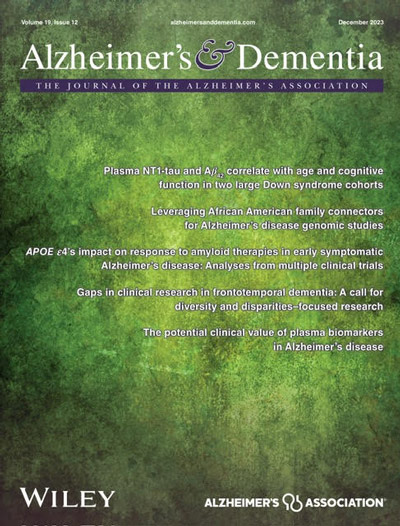Longitudinal methods for Alzheimer's cognitive status prediction with deep learning
Abstract
INTRODUCTION
Prediction of amnestic mild cognitive impairment (aMCI) and Alzheimer's disease (AD) using machine learning has primarily focused on short-term predictions spanning 1–3 years. This study aimed to develop a new machine learning technique to extend predictions of cognitive status over 3–10 years from their last visit.
METHODS
We leveraged deep learning to analyze two longitudinal feature sets: (1) neuropsychological data and (2) neuropsychological data with the addition of patient history data. We also introduce two modeling techniques: (1) to separate normalized baseline features and deviations from baseline, and (2) a new linear attention-based imputation method.
RESULTS
We demonstrate (1) our technique achieves high 1vA accuracy, representing 81.65% for Control, 72.87% for aMCI, and 86.52% for AD on a 3- to 10-year horizon, and (2) the new method is more accurate than previously proposed approaches for this time horizon.
DISCUSSION
This work offers a new set of techniques for big-data analysis of longitudinal dementia data.
Highlights
- Develops a new method for the prediction using deep learning of longitudinally verified amnestic mild cognitive impairment (aMCI) and Alzheimer's disease (AD) using the National Alzheimer's Coordinating Center NACC) database.
- Demonstrates comparable performance on the 3- to 10-year prediction horizon, which is significantly more challenging to predict than using the previous approach that only used a 1- to 3-year prediction horizon.
- Highlights that even the prediction of verified 3- to 10-year aMCI that eventually leads to AD is still a challenging task.


 求助内容:
求助内容: 应助结果提醒方式:
应助结果提醒方式:


